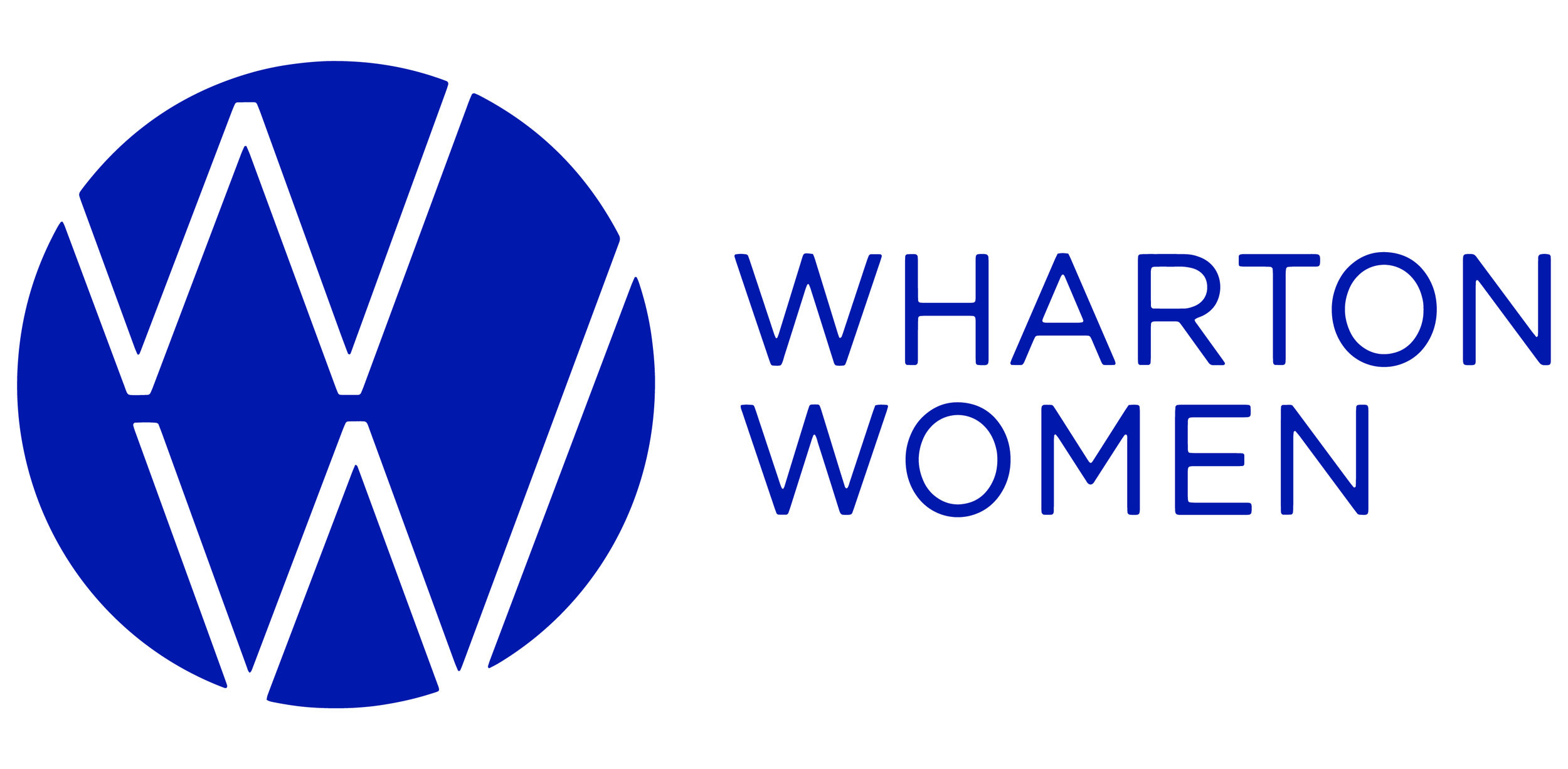Unveiling the True Power of Influencer Marketing
Written by Nina Rawal ('27); Edited by Ella Gupta (W’27)
In today's social-media-connected world, platforms like TikTok and Instagram greatly influence consumer behavior. Therefore, capitalizing on the power of influencers has become a marketing strategy many companies, particularly those selling new and lesser-known products, use. The idea of influencer marketing has revolutionized the way businesses market their brands, with endorsements from popular figures driving significant sales and brand recognition.
Ranging from A-list celebrities to C-list celebrities, different influencers cater to different target demographics. For example, certain influencers might focus on creating content for the moms of TikTok, while others may target younger audiences. Over time, these influencers build trust and rapport with their followers. Consequently, when they endorse a product, their audience is more inclined to trust and consider the recommendation, translating into increased sales and brand affinity for companies.
However, many fail to realize that orchestrating an effective influencer marketing campaign entails meticulous planning and execution. Companies must carefully select influencers whose audience aligns with their target market. For instance, having Harry Styles endorse baby clothes might not yield the desired results, as he caters to a completely different audience. Once one is selected, establishing a solid relationship with said influencer is essential. This involves engaging with their content over an extended period through commenting and sharing or fostering relationships with their management teams, in the case of high-profile celebrities.
Then comes the most influential part of a brand deal: the compensation. The financial investment in influencer partnerships varies widely depending on the influencer's reach and prominence. Nano-influencers with smaller audiences usually receive compensation of around $5 to $25 for content endorsements. In contrast, mega-influencers (1M+ followers) typically charge much more, often receiving compensation exceeding $25,000 for endorsements.
This strategy has proven to be foolproof, as consumers are more inclined to make purchasing decisions based on recommendations from trusted influencers and celebrities. Even esteemed brands like Chanel and Louis Vuitton frequently collaborate with A-list celebrities such as Timothée Chalamet and Rihanna to amplify their marketing campaigns. Similarly, companies like Pantene leverage platforms like TikTok, focusing on getting influencers who focus on hair care to sponsor their products, like Ashley LaMarca.
In essence, influencer marketing has become an indispensable tool for businesses seeking to enhance brand visibility, credibility, and, ultimately, sales in today's digital landscape. By forging strategic partnerships with influential figures, companies can effectively leverage the power of social media to connect with their target audience and drive meaningful engagement.
